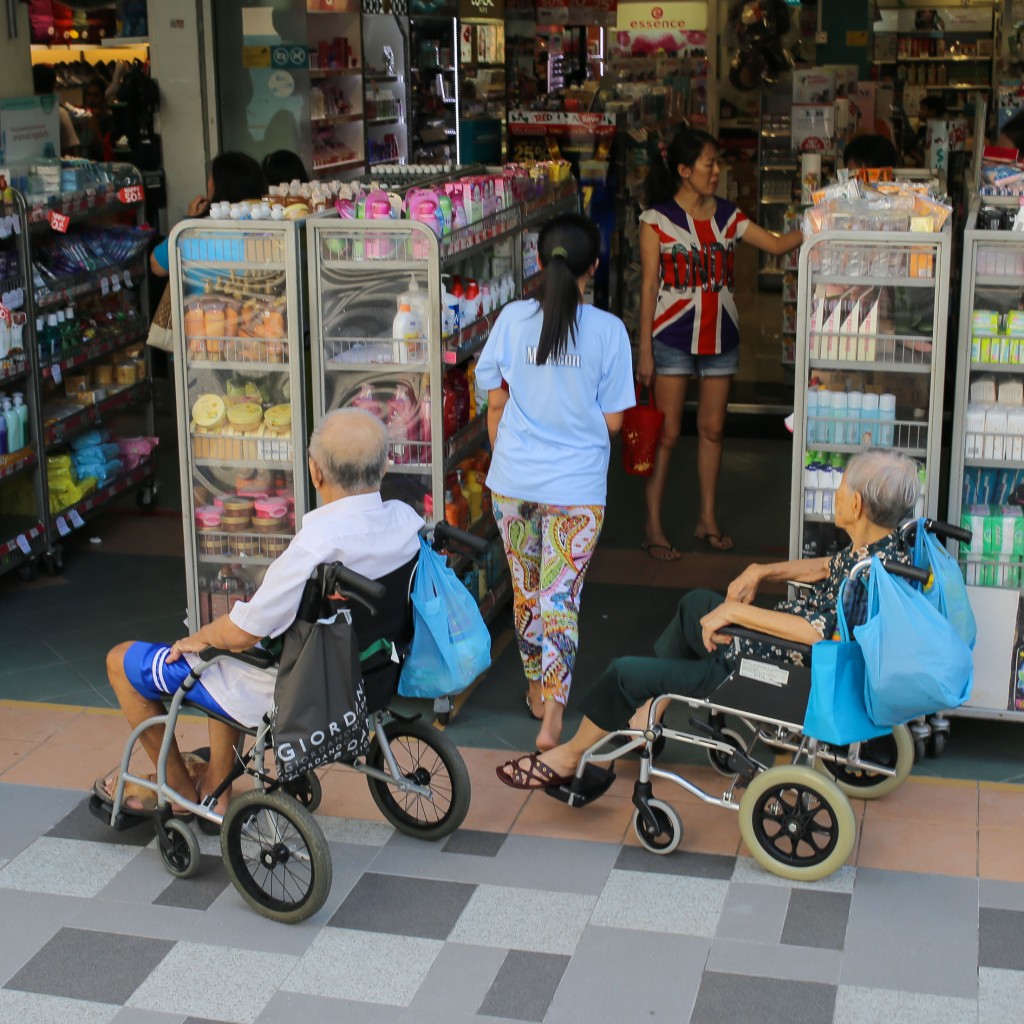Breakthrough Needed in the Conversation on Labour Rights for Foreign Domestic Workers
May 7, 2018

Singaporeans are largely resistant to raising the standards of Foreign Domestic Workers’ (FDWs) work conditions, especially with regards to wage, welfare and living arrangements. Are Singaporeans really lacking in empathy?
Assistant Professor of Psychology in NUS, Jia Lile, together with his incoming PhD Student Mike Hou, shares with Channel News Asia the need to shift public perceptions of FDWs and their competence, allowing them to be recognised rather than marginalised. Social psychological research on stereotypes reveals a reluctance to understand migrant workers, including FDWs, as fellow human beings with similar aspirations, needs and concerns. Some argue that because FDWs are already earning more in Singapore than in their home countries there is no need to improve their current situation. Others also commented that FDWs should accept their present living conditions, as they have chosen to take up such a role in society. There is a lack of motivation to change current stereotypes, trapping FDWs in a marginalised position.
A possible breakthrough might require a re-designing of Singapore’s domestic service industry, casting FDWs as a professional source of labour. This means that future employers will engage the services of housekeeping service providers and professional caregiving rather than FDWs themselves. Similar to contacting air-con services, or plumbing services, this suggestion would require extensive training in respective skillsets to perform such roles. This seemingly ambitious project is not unrealistic, given Singapore’s ageing population. The perks of establishing a pooled system of domestic service providers also includes increased efficiency in resource distribution. More importantly, such changes in the industry work towards advancing the conversation on FDWs, paving a way towards a more equitable society.
Read the full article here.
